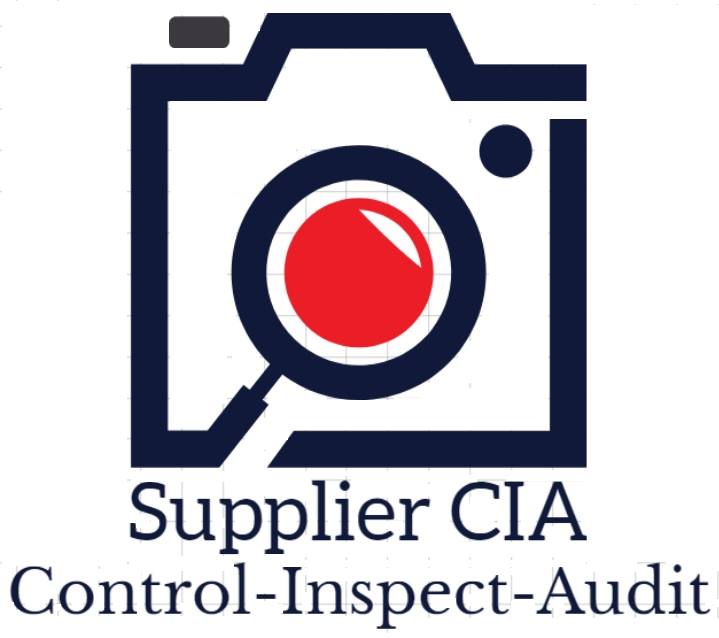1. Smooth communication, Importers can communicate through the bilingual inspector staff.
2. Reduced risk of integrity issues: One of the best ways to prevent this is by rotating inspectors so that no inspector gets too familiar with staff and management at a factory.
3. Flexibility and limited obligation: You may want an inspection report to be issued in a certain format or the inspector to use a certain testing method for your product. Third-party inspectors are contractors typically hired on an as-needed basis.
4. Lower costs and higher efficiency: help you reduce the cost and time needed to conduct an inspection.


